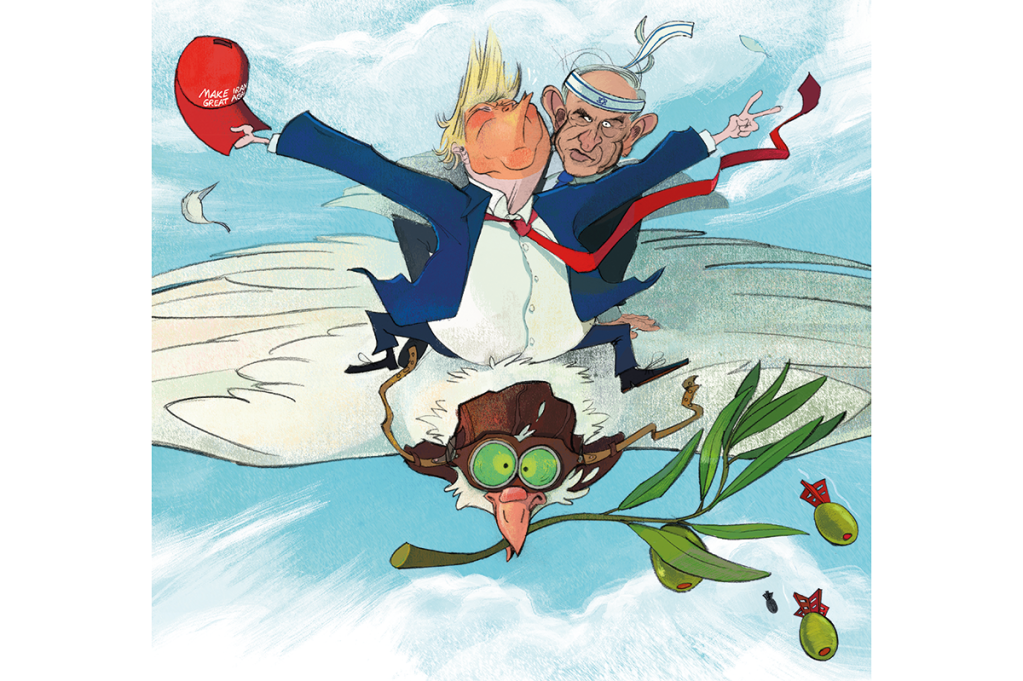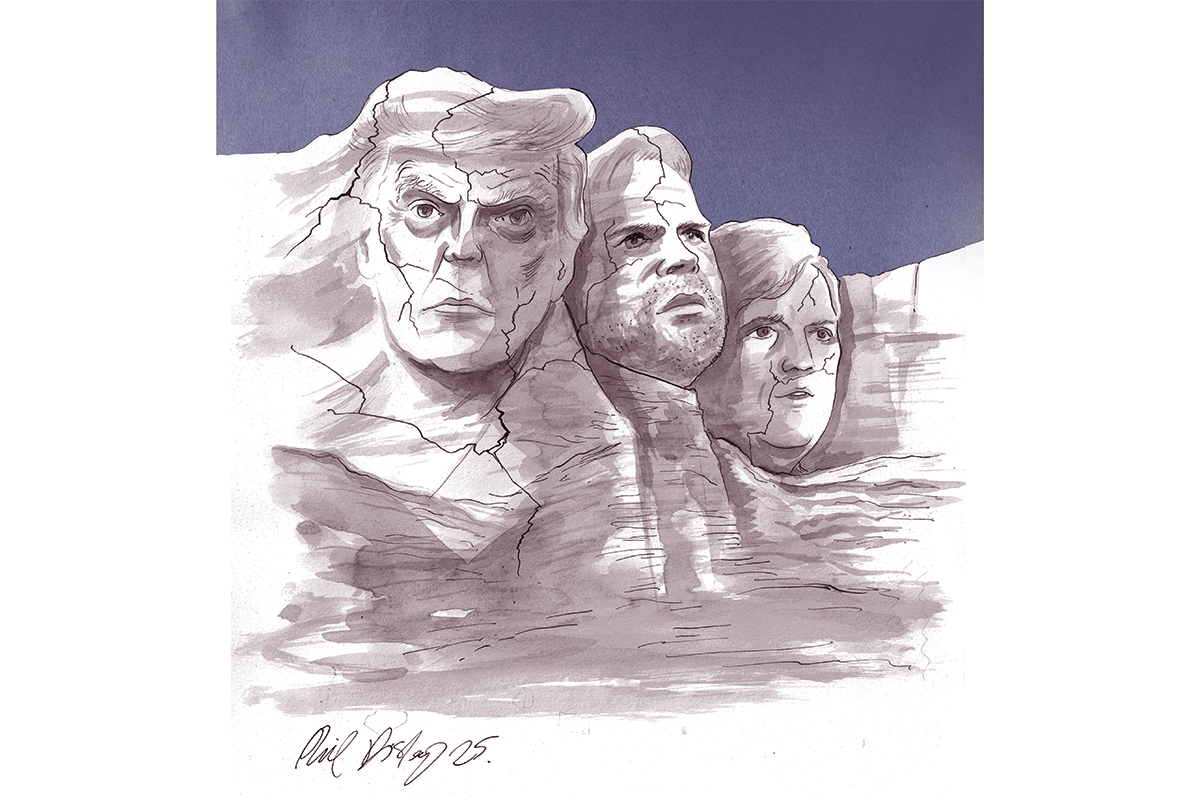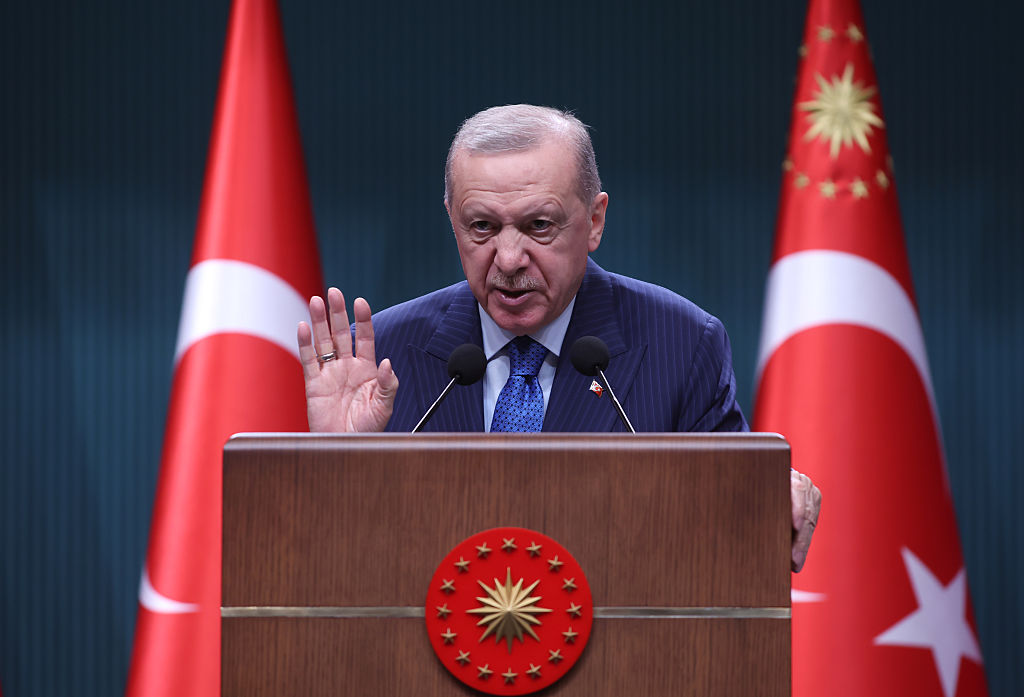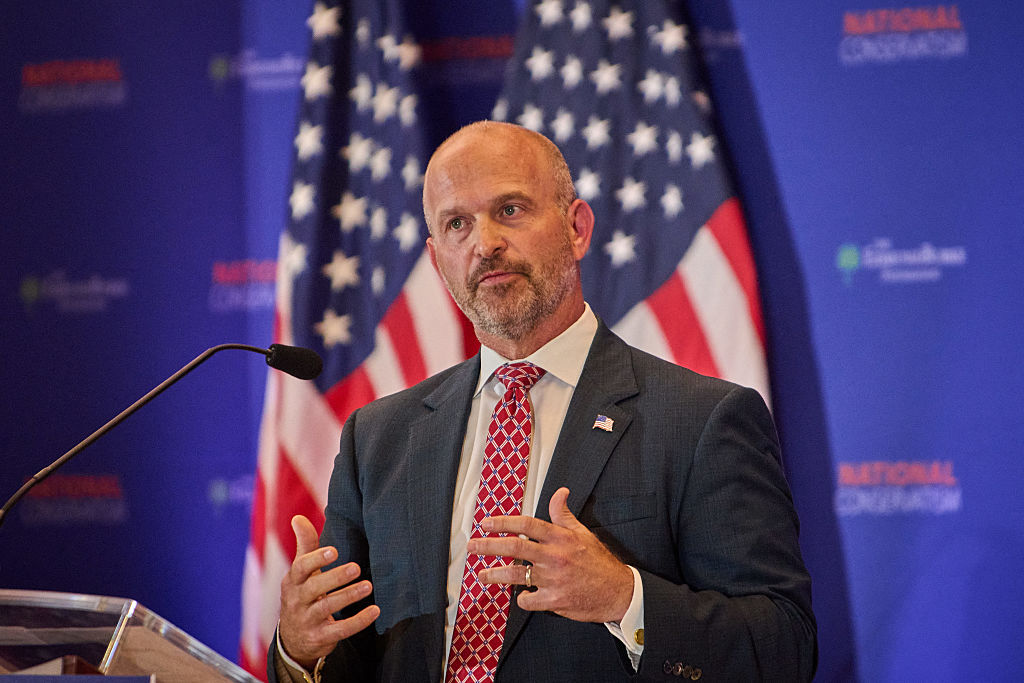Regardless of the ultimate outcome of the Gaza peace deal brokered by Donald Trump, the past two years have seen Israel achieve an unprecedented litany of military accomplishments in the Middle East. The level of damage done to Hamas, Hezbollah and the Houthis is difficult to comprehend. The end of the Assad regime and, with American support, the demolition of the Iranian nuclear program – setting it back years at the least – were steps that many once thought impossible. Israel has emerged from the post-October 7 period unquestionably stronger in every way except one: its support around the globe, particularly among the youngest voices in the West.
Polling is consistent, showing increased opposition to Israel and even support for Hamas among younger voters
The polling on this question has been consistent and widespread, finding a clear trendline toward increased opposition to Israel and even support for Hamas among younger voters. In America, the widely respected Harvard-Harris poll found last month that nearly half of Generation Z respondents supported Hamas over Israel, and more than a third of millennials shared their views.
Gallup’s July survey found support among those aged 18 to 34 for Israel’s military actions in Gaza and Iran to be just 9 and 15 percent respectively. A Quinnipiac survey which previously showed strong majorities believing it is in America’s interest to favor Israel found support had fallen from 69 percent in December 2023 to 47 percent today, driven by a significant increase in skepticism among younger voters.
And a major study released in October by the conservative Family Research Council that surveyed American Christians found just six in ten regular churchgoers believe it’s important to pray for Israel, and a majority did not believe it was important for the United States or for their churches to support Israel. Consistent with other polling, churchgoing Gen Z respondents ranked the lowest in favoring any kind of support – prayer, verbal, or financial. In the wake of the October 7 attacks, it would have seemed ludicrous to predict this level of dropoff. But for those who consistently conduct polling on this topic, the trend is both undeniable and the reasons too convoluted to explain with simple questions.
“For young people on the left, it’s a racial thing, a victimhood thing,” one pollster told me. “On the right, I think it’s more complicated. There’s a strong narrative that’s taken hold in a younger generation that claims American foreign policy is still overwhelmingly being dictated by the Jews, not ‘America First’ influences. So being an Israel skeptic has become a transgressive revolt against the establishment – and people need to understand that even for those who support him, Trump is the new establishment.”
What has helped this trend take hold in the minds of some young conservatives is that sometimes the actions of Israel’s most vociferous supporters trigger callbacks to the speech codes of the American left. A survey over the summer conducted by Turning Point USA of roughly 7,000 attendees who participated in their major student activist conference in Tampa, Florida, found that 73 percent self-identify as pro-Israel. But that doesn’t mean they don’t recoil at what they view as a tendency by some Israel supporters to frame criticism of the nation or its political leaders like Benjamin Netanyahu as anti-Semitism.
“One of the things that’s driving more people away from Israel is when you shut them down and don’t say they’re allowed to ask certain questions,” Andrew Kolvet, Charlie Kirk’s producer, said in a NewsNation interview outlining the results of the survey and a series of focus groups. “We have lived through an era where they were called racist if they felt like DEI was a problem. A lot of these kids have been steeped in a world where they were told they couldn’t say something, then the floodgates broke open and now they can say it, and now they feel like the anti-Semite word is being thrown out just like the racist word was a few years ago.”
The effort Kirk and his team placed on navigating the complicated feelings on campuses about Israel, even gathering multiple Jewish and non-Jewish influencers to discuss the questions he was getting from fans in the weeks prior to his death, indicates how much this area has become a minefield for the young right.
The Mike Huckabee generation of America’s baby boomer Christians who looked forward to their church’s annual trip to the Promised Land may still be in key positions within the Republican party, but they no longer dominate the conversation online or among younger voters. And for people raised on the idea that a core principle of “America First” foreign policy is avoiding entangling alliances which risk dragging the United States into needless wars, Israel is the number one example.
Yet for some avowed supporters of Israel, the real story here isn’t entirely or even mostly an organic one, but is driven by a number of intentional actors with their own agendas, backed and promoted by foreign or anti-American interests. Mark Levin, the radio host and Fox News anchor, has taken to labeling these forces “the enemy within,” a combination of media figures and politicians he believes have seen their rhetoric boosted and shared across social media in an attempt to break the America-Israel alliance.
The ongoing feud on this question between Levin and his former colleague Tucker Carlson (Levin calls him “Chatsworth Qatarlson”) has been just one of many to play out on social media and across a vast diaspora of podcasts, many of which have stronger consumption among politically engaged young people than the cable-news programs that once dictated the direction of foreign-policy debate.
In the grand scheme of things, this is a battle that is not going away so it cannot be considered lost
Just as the degradation of power held by the Democratic media establishment has furthered the fortunes of radical candidates like Zohran Mamdani, the fear among some pro-Israel activists is that diminishing strength of leadership on the right could lead to critics of the Israel alliance – like once-MAGA darling Marjorie Taylor Greene – taking on larger roles within the coalition. And behind it all is an abiding concern about the future of the Republican party after Donald Trump. As much as Trump has cemented his place in the minds of many as the most pro-Israel President in American history, his heir apparent is viewed with significantly more skepticism. The potential of a J.D. Vance contest against the likes of Marco Rubio for the GOP nomination in 2028 could become one where differences of opinion on Israel take center stage.
There is near-universal acknowledgment on the part of American Jewish activists that there is a problem here for their cause, but the question of what to do about it prompts little in the way of answers. AIPAC, the much criticized pro-Israel lobbying group, recently rolled out an ad campaign to rebrand their organization as “America First” to online derision. The elevation of Bari Weiss as editor-in-chief of CBS News by David Ellison, who is very public about his pro-Israel views, has prompted hopes for more pro-Israel commentary from a network that has courted controversy with their coverage.
But there is a noticeable lack of vibrant leadership making the case for Israel to young audiences – a fact that becomes all the more noticeable with the loss of Kirk. “We know the kind of voices we need, we just don’t have them right now,” one Jewish activist told me. And in their absence, anti-Israel voices such as Nick Fuentes’s can fill the void.
When CBS News’s Tony Dokoupil put the question to Israeli Prime Minister Benjamin Netanyahu, citing a poll showing just 14 percent of Americans under 30 support Israel, his response was clear-eyed. “I think the first fix is to finish the war as speedily as possible, something that I have sought to do against all these contrarian propaganda… so, first, you want to end it, end the war speedily, because in the TikTok age and in the television age, letting wars go on too long is going to cost you precisely what it cost you. There’s a real battle on the social media. It’s a big battle. It’s a battle for truth, really.” Netanyahu’s answer implies that Israel is losing that battle.
In the grand scheme of things, this is a battle that is not going away, so it cannot yet be considered lost. The lack of bipartisan support for Israel has been an acknowledged problem for years, and now the danger of real opposition within both parties is a growing concern that can’t be ignored. For now, Israel backers can hold on to the reality that they continue to get the votes they need and the backing of many of the most prominent American politicians.
So long as Donald Trump is the leader of the GOP, he defines “America First” – as he reiterated when some of his MAGA supporters were invoking the prospect of World War Three during the debate over striking Iran. He has given no indication of handing over the reins to anyone else.
It is important to remember that there is a time for war and a time for peace. The debate over the Israeli alliance takes on a different nature in both contexts in American politics. The emergence of an emboldened anti-Israel faction of the American right has been driven not just by prominent voices but by the images from Gaza blasted across TikTok. With a ceasefire in place, a renewed conversation can be had. Israel’s focus remains survival above all else, even if the destruction of its enemies has come with a critical loss of western support. In the hierarchy of needs, staying alive matters most. The arguments can wait for another day.
This article was originally published in The Spectator’s October 27, 2025 World edition.


























Leave a Reply